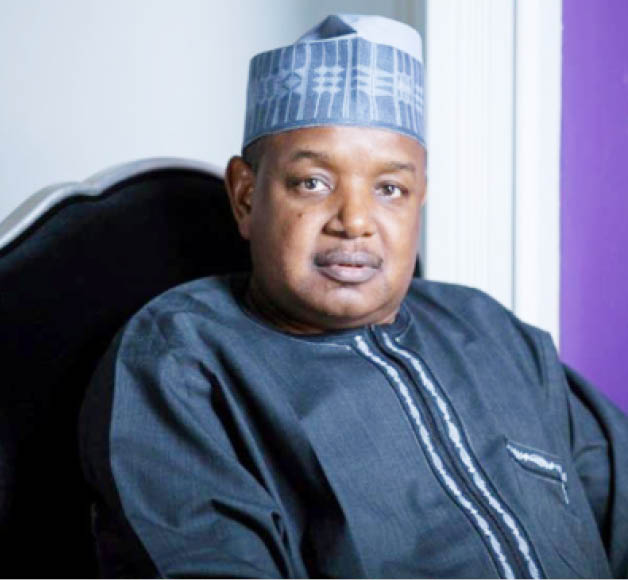Tax reform bills should be judged on merits, not regional sentiment — Bagudu
The Minister of Budget and Economic Planning, Abubakar Atiku Bagudu, has cautioned Nigerians against injecting regional or ethnic biases into discussions on the tax reform bills currently before the National Assembly. Speaking in Abuja at the close-out event of the ProjectTrust initiative, Bagudu noted that the submission of the bills by President Bola Tinubu to […]

Abubakar Atiku Bagudu
The Minister of Budget and Economic Planning, Abubakar Atiku Bagudu, has cautioned Nigerians against injecting regional or ethnic biases into discussions on the tax reform bills currently before the National Assembly.
Speaking in Abuja at the close-out event of the ProjectTrust initiative, Bagudu noted that the submission of the bills by President Bola Tinubu to the legislature demonstrates the government’s commitment to democratic principles and constitutional processes.
He urged Nigerians to focus on the issues at hand rather than viewing them through divisive lenses.
“We are not even debating whether the elements there are worrisome; we are just bringing in our fault lines, tribalism, regionalism, and all that, rather than focusing on the issues. Do we need tax reform or not? Certainly,” Bagudu said.
- Police, army rescue 36 farmers from bandits in Kebbi
- APC sets up committee to probe Rivers Secretariat bombing
The minister further stressed the critical role of tax reform in addressing underinvestment in key areas such as education and social welfare, highlighting that Nigeria requires at least $100 million annually to drive inclusive development and improve social interventions.
Bagudu cited data from the Organization for European Economic Cooperation and Development (OECD), comparing Nigeria’s underinvestment in primary education with countries like Singapore and Nordic nations, which spend $30,000 to $37,000 per pupil, and the United States, which allocates about half that amount.
The event, themed “Sub-National Governance in Nigeria,” was organized by Connected Development (CODE) with support from the MacArthur Foundation. It also marked the launch of CODE’s Five-Year Strategic Plan to guide its next phase of operations.
Hamzat Lawal, Chief Executive of CODE, underscored the importance of trust in governance and called for stronger accountability mechanisms to enhance public confidence in leadership.
The ProjectTrust initiative, implemented across six states-Kwara, Anambra, Bayelsa, Jigawa, Yobe, and Osun-focused on social intervention and project monitoring within communities. The initiative highlights the value of citizen engagement and transparency in driving impactful governance.
